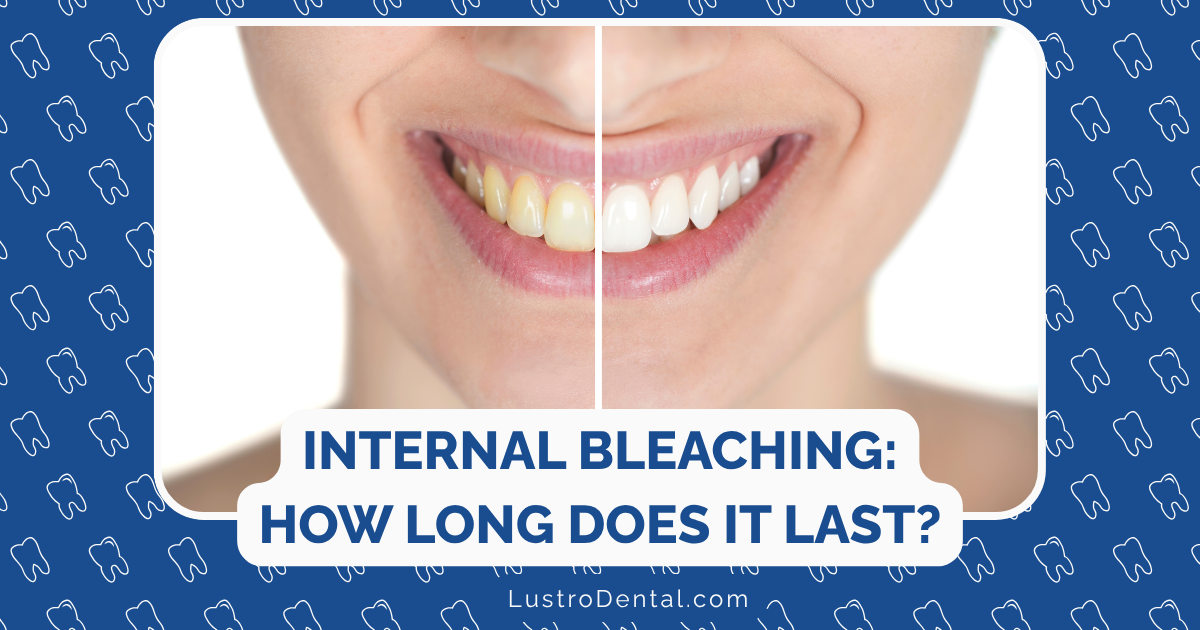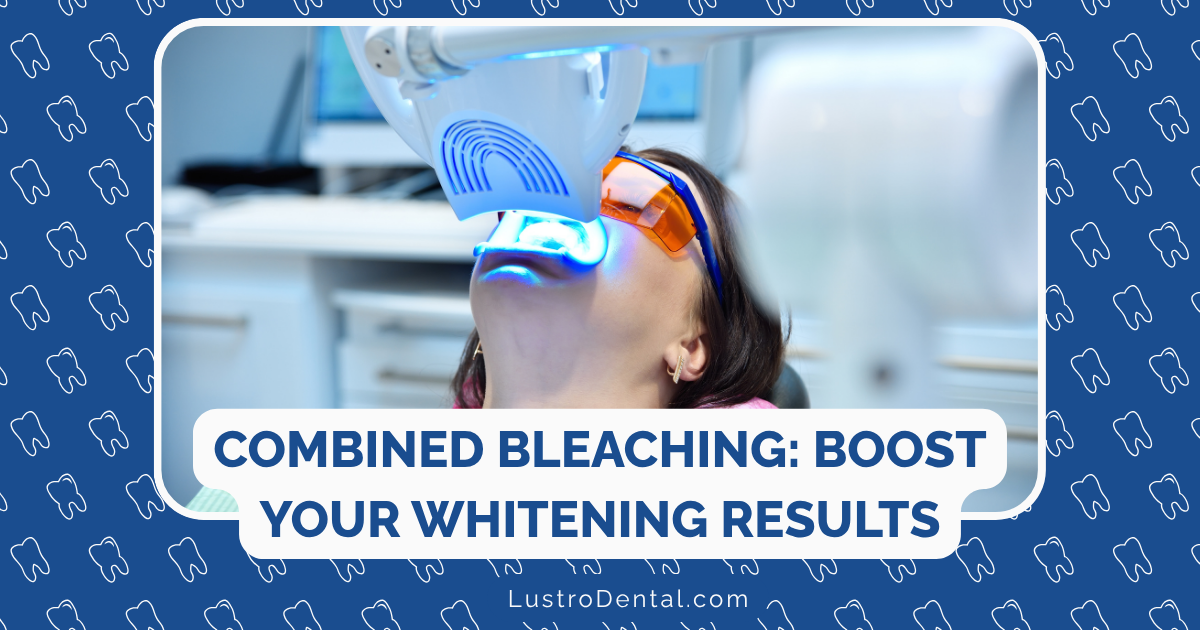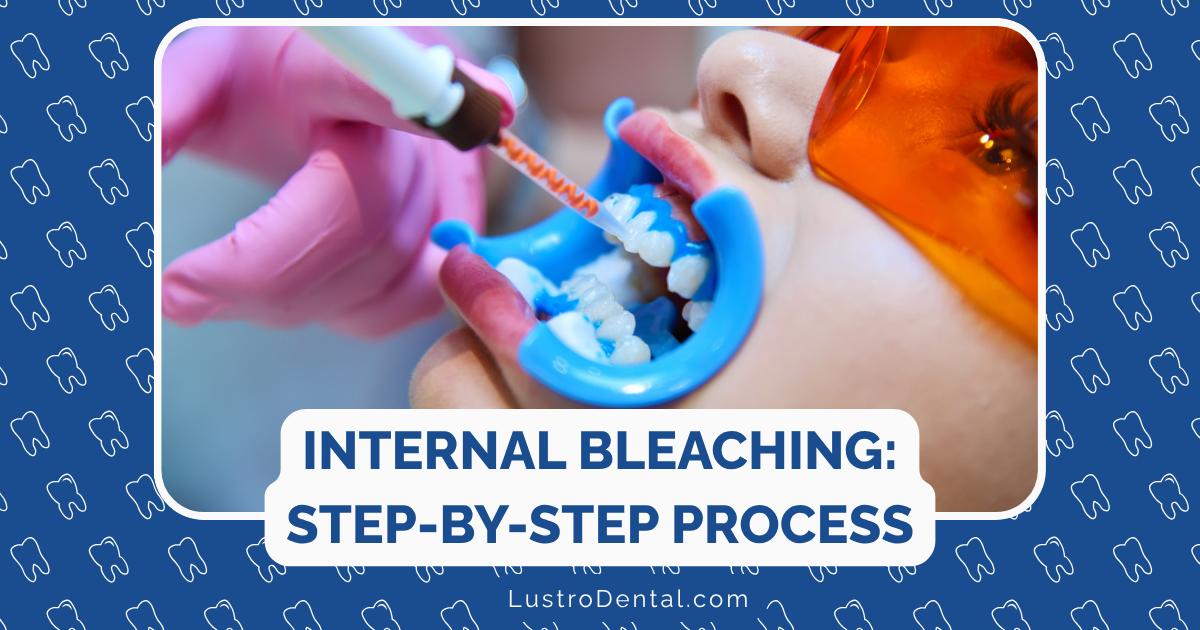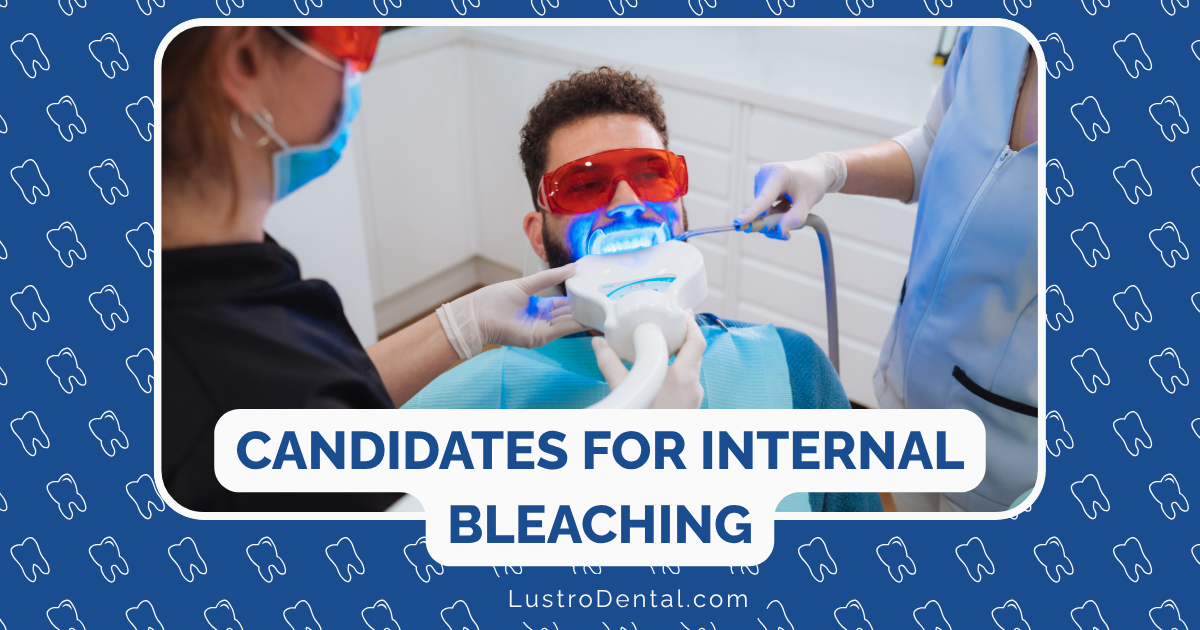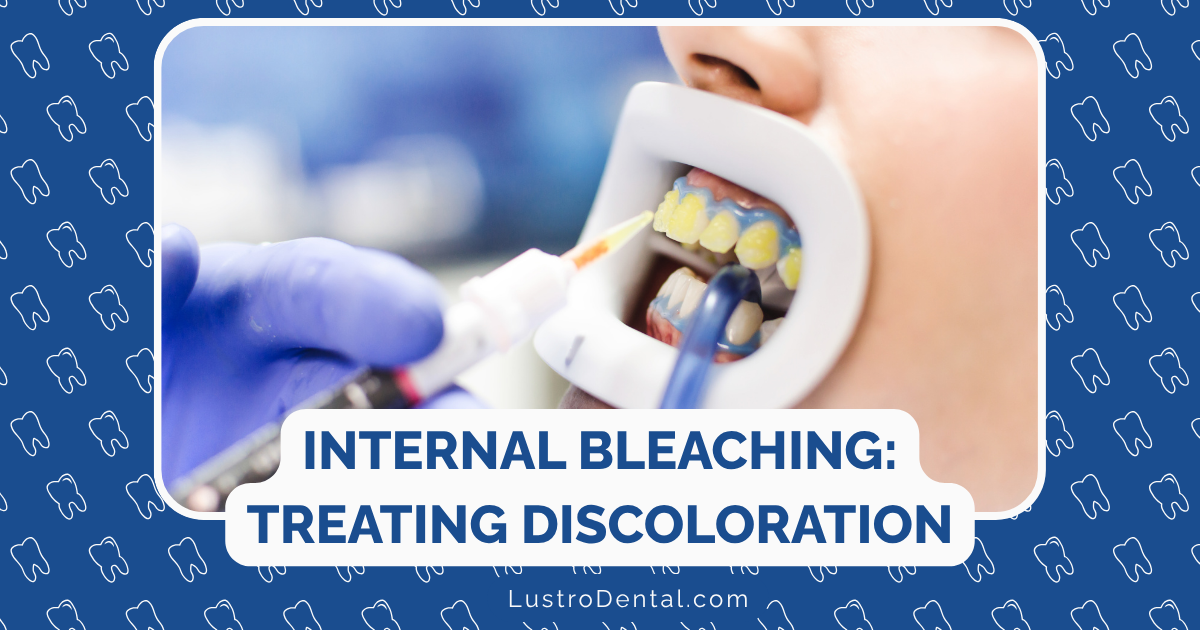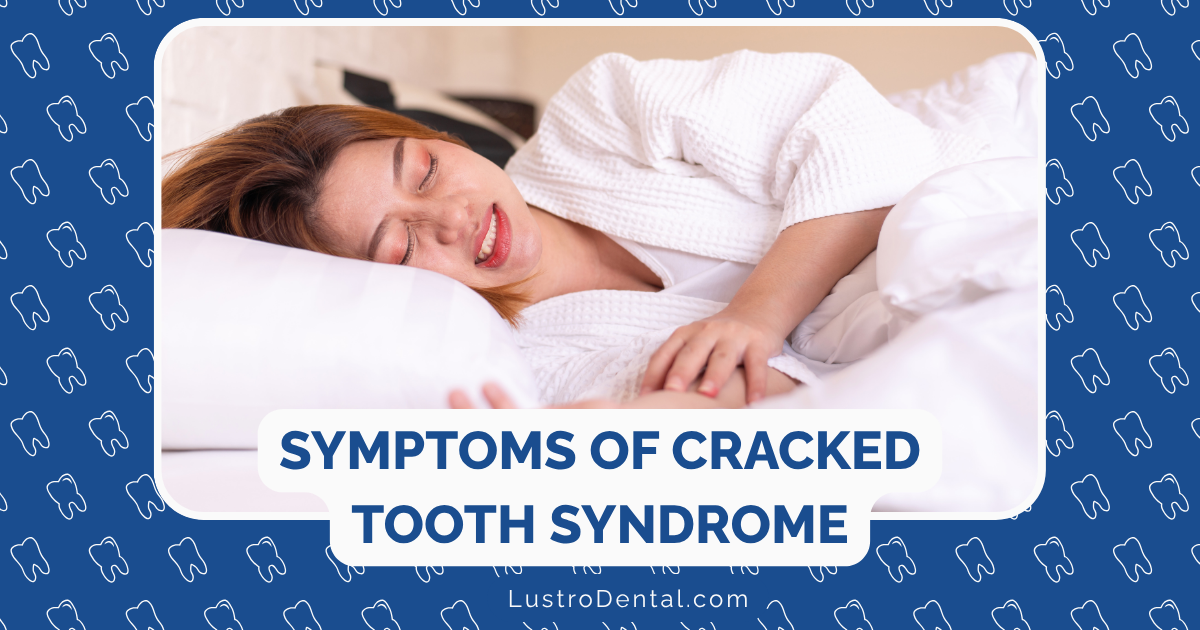Preventing Cracked Teeth: Habits to Break and Protective Measures
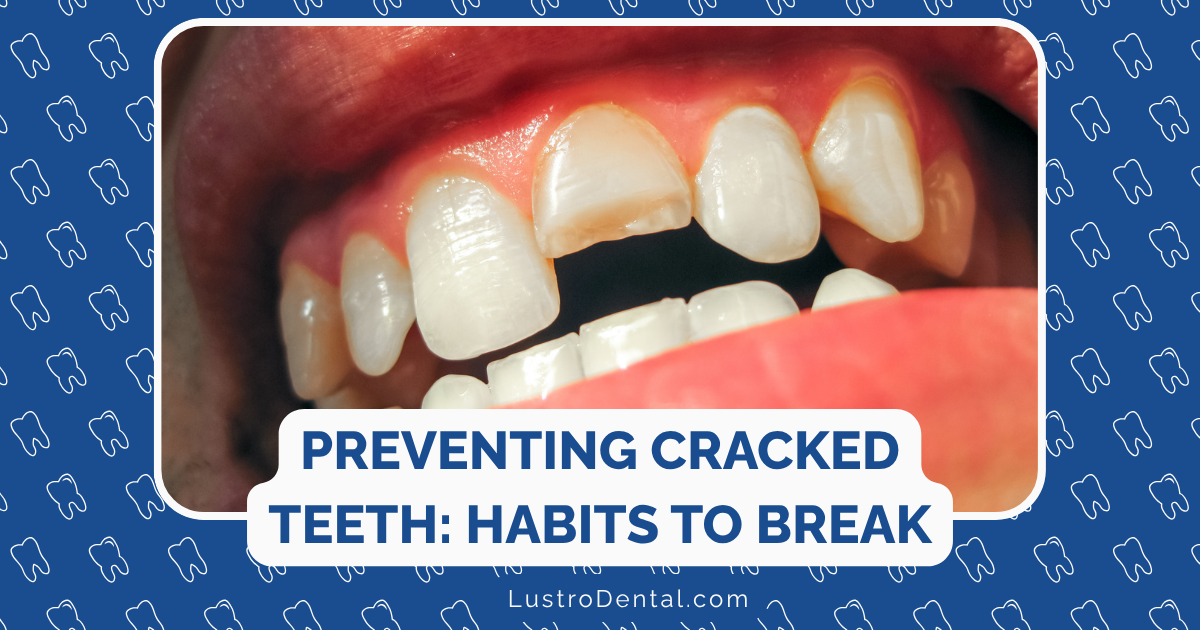
As someone who’s guided countless patients through the distress of cracked teeth, I can tell you that prevention is infinitely better than treatment. A cracked tooth not only causes pain and discomfort but often requires expensive and time-consuming procedures to repair—and in some cases, the tooth simply can’t be saved.
The good news? Most cracked teeth are preventable. By understanding the habits that put your teeth at risk and implementing protective measures, you can significantly reduce your chances of experiencing this common dental problem.
In this comprehensive guide, I’ll walk you through the habits you should break, the protective measures you should adopt, and the nutritional choices that can strengthen your teeth from the inside out.
Understanding What Causes Cracked Teeth
Before diving into prevention, it’s helpful to understand what causes teeth to crack in the first place. The most common causes include:
- Excessive force: Biting down on hard objects or foods
- Teeth grinding (bruxism): Particularly during sleep
- Trauma: Impacts from falls, accidents, or sports injuries
- Temperature extremes: Rapid changes from hot to cold
- Weakened tooth structure: Due to large fillings, decay, or age
- Misaligned bite: Creating uneven pressure on certain teeth
With these causes in mind, let’s explore the habits you should break to protect your teeth.
Habits to Break: What’s Putting Your Teeth at Risk
1. Using Your Teeth as Tools
One of the most damaging habits is using your teeth for anything other than eating. Dr. Sarah Johnson, endodontist at University Dental Institute, notes: “I’ve seen patients crack their teeth trying to open bottles, tear packaging, cut thread, or hold items. Your teeth are designed for chewing food—not as replacement tools.”
Break the habit: Keep proper tools handy (scissors, bottle openers, pliers) and make a conscious effort to reach for them instead of using your teeth.
2. Chewing on Hard Objects
Many people unconsciously chew on non-food items like:
- Pen caps
- Pencils
- Fingernails
- Ice cubes
- Popcorn kernels
- Hard candy
These items can exert tremendous pressure on your teeth, leading to microfractures that develop into larger cracks over time.
Break the habit: Become aware of your chewing habits and find alternative stress-relief methods like fidget toys or sugar-free gum.
3. Grinding and Clenching (Bruxism)
Teeth grinding, particularly during sleep, is a major contributor to cracked teeth. The constant pressure weakens tooth structure over time.
Dr. Michael Chen of Advanced Dental Specialists explains, “Many patients are unaware they grind their teeth at night until they start experiencing symptoms like jaw pain, headaches, or tooth sensitivity—often signs that damage has already begun.”
Break the habit: Since bruxism is often unconscious or sleep-related, breaking this habit typically requires professional intervention:
- Stress management techniques (meditation, yoga, deep breathing)
- Behavioral therapy
- Muscle relaxation exercises for the jaw
- Addressing sleep disorders that may contribute to grinding
4. Consuming Extremely Hot and Cold Foods Together
Rapid temperature changes cause your teeth to expand and contract quickly, which can lead to cracks—similar to how a hot glass might crack when filled with ice water.
Break the habit: Allow hot foods and beverages to cool slightly before consuming, and avoid immediately following hot foods with cold ones.
5. Poor Dietary Choices
A diet high in sugar and acid contributes to tooth decay, which weakens enamel and makes teeth more susceptible to cracking.
Break the habit:
- Limit sugary snacks and beverages
- Reduce consumption of acidic foods and drinks (sodas, citrus, vinegar)
- Rinse your mouth with water after consuming acidic foods
- Wait at least 30 minutes after acidic foods before brushing
Protective Measures: Actively Safeguarding Your Teeth
Breaking harmful habits is only half the battle. Here are proactive steps you can take to protect your teeth from cracks:
1. Use Custom-Fitted Mouthguards
Mouthguards serve two important protective functions:
For Sports and Physical Activities:
- Custom-fitted mouthguards from your dentist provide the best protection
- Over-the-counter “boil and bite” guards offer moderate protection
- Stock mouthguards provide minimal protection but are better than nothing
For Nighttime Grinding:
- Night guards (occlusal splints) distribute pressure evenly
- Reduce the impact of grinding forces on individual teeth
- Protect enamel from wear and prevent cracks
According to the American Dental Association, athletes are 60 times more likely to suffer dental injuries when not wearing a mouthguard. For those who grind their teeth, a custom night guard can reduce the risk of cracked teeth by up to 80%.
2. Maintain Excellent Oral Hygiene
Strong, healthy teeth are less prone to cracking. A consistent oral hygiene routine includes:
- Brushing twice daily with fluoride toothpaste
- Using a soft-bristled toothbrush (hard bristles can damage enamel)
- Flossing daily to remove plaque between teeth
- Using an antimicrobial or fluoride mouthwash
Dr. Lisa Wong, Director of Preventive Dental Research, emphasizes, “Consistent oral hygiene doesn’t just prevent cavities—it maintains the structural integrity of your teeth, making them more resistant to cracks and fractures.”
3. Address Existing Dental Issues Promptly
Don’t delay treatment for:
- Cavities
- Worn fillings
- Enamel erosion
- Misaligned bite
These conditions weaken teeth and make them more susceptible to cracking. Regular dental check-ups (every 6 months) allow for early detection and treatment of these issues before they lead to more serious problems.
4. Chew Mindfully
How you eat matters as much as what you eat:
- Cut hard foods into smaller pieces
- Avoid biting directly into very hard foods with front teeth
- Chew slowly and deliberately
- Distribute chewing evenly on both sides of your mouth
5. Strengthen Your Teeth Through Nutrition
Your diet plays a crucial role in maintaining strong teeth that resist cracking. Focus on these nutrients:
Calcium: The building block of teeth
- Sources: Dairy products, leafy greens, almonds, fortified plant milks
- Recommended intake: 1,000-1,200mg daily for adults
Vitamin D: Essential for calcium absorption
- Sources: Sunlight, fatty fish, egg yolks, fortified foods
- Recommended intake: 600-800 IU daily for adults
Phosphorus: Works with calcium to build tooth structure
- Sources: Meat, eggs, fish, nuts, beans
- Recommended intake: 700mg daily for adults
Vitamin K2: Helps direct calcium to teeth and bones
- Sources: Fermented foods, grass-fed animal products
- Recommended intake: 100-200mcg daily
Magnesium: Supports enamel strength
- Sources: Nuts, seeds, whole grains, dark chocolate
- Recommended intake: 310-420mg daily for adults
Vitamin C: Essential for gum health (which supports teeth)
- Sources: Citrus fruits, berries, peppers, broccoli
- Recommended intake: 75-90mg daily for adults
A 2023 study in the Journal of Dental Research found that individuals with adequate intake of these key nutrients had a 43% lower risk of developing cracked teeth compared to those with nutritional deficiencies.
6. Stay Hydrated
Water plays multiple roles in preventing cracked teeth:
- Maintains saliva production (which contains minerals that strengthen teeth)
- Helps rinse away food particles and acids
- Fluoridated water provides additional protection for enamel
Aim for at least 8 glasses of water daily, and consider drinking water after meals to rinse your mouth.
Special Considerations for High-Risk Individuals
Some people have a higher risk of developing cracked teeth and may need additional preventive measures:
For Athletes:
- Custom-fitted sports mouthguards are essential
- Consider wearing protection even for non-contact sports
- Replace mouthguards when they show signs of wear
For Those with Bruxism:
- Custom night guards are crucial
- Consider daytime awareness techniques to reduce clenching
- Explore stress management strategies
- Discuss muscle relaxants with your healthcare provider if appropriate
For Those with Existing Dental Work:
- Large fillings weaken tooth structure
- Consider protective crowns for teeth with extensive fillings
- Be especially cautious with hard foods
For Older Adults:
- Teeth naturally become more brittle with age
- More frequent dental check-ups may be beneficial
- Consider fluoride treatments to strengthen enamel
Creating a Personal Prevention Plan
The most effective approach to preventing cracked teeth combines breaking harmful habits, implementing protective measures, and strengthening teeth through nutrition. Here’s a simple three-step plan:
Step 1: Identify Your Risk Factors
- Do you grind your teeth?
- Do you play contact sports?
- Do you have large fillings?
- Do you habitually chew ice or bite nails?
Step 2: Break Harmful Habits
- Choose the top 1-2 habits to focus on first
- Create specific strategies for each habit
- Track your progress
Step 3: Implement Protective Measures
- Schedule a dental check-up
- Discuss mouthguard options with your dentist
- Evaluate your diet for tooth-strengthening nutrients
- Establish a consistent oral hygiene routine
When to Seek Professional Help
Even with the best prevention, some individuals may still experience early signs of tooth damage. Contact your dentist immediately if you notice:
- Sensitivity to hot, cold, or sweet foods
- Pain when biting or chewing
- Intermittent tooth pain
- Visible lines or cracks in teeth
- Rough edges you can feel with your tongue
Early intervention can often prevent a small crack from becoming a major problem.
Final Thoughts
Preventing cracked teeth requires awareness, consistent habits, and proactive care. By breaking harmful habits, implementing protective measures, and nourishing your teeth from within, you can significantly reduce your risk of experiencing this painful and costly dental problem.
Remember that prevention is always easier, less expensive, and more comfortable than treatment. Your future self will thank you for the small daily habits that keep your smile whole and healthy for years to come.
Have you successfully broken a habit that was putting your teeth at risk? Share your experience or questions in the comments below!


